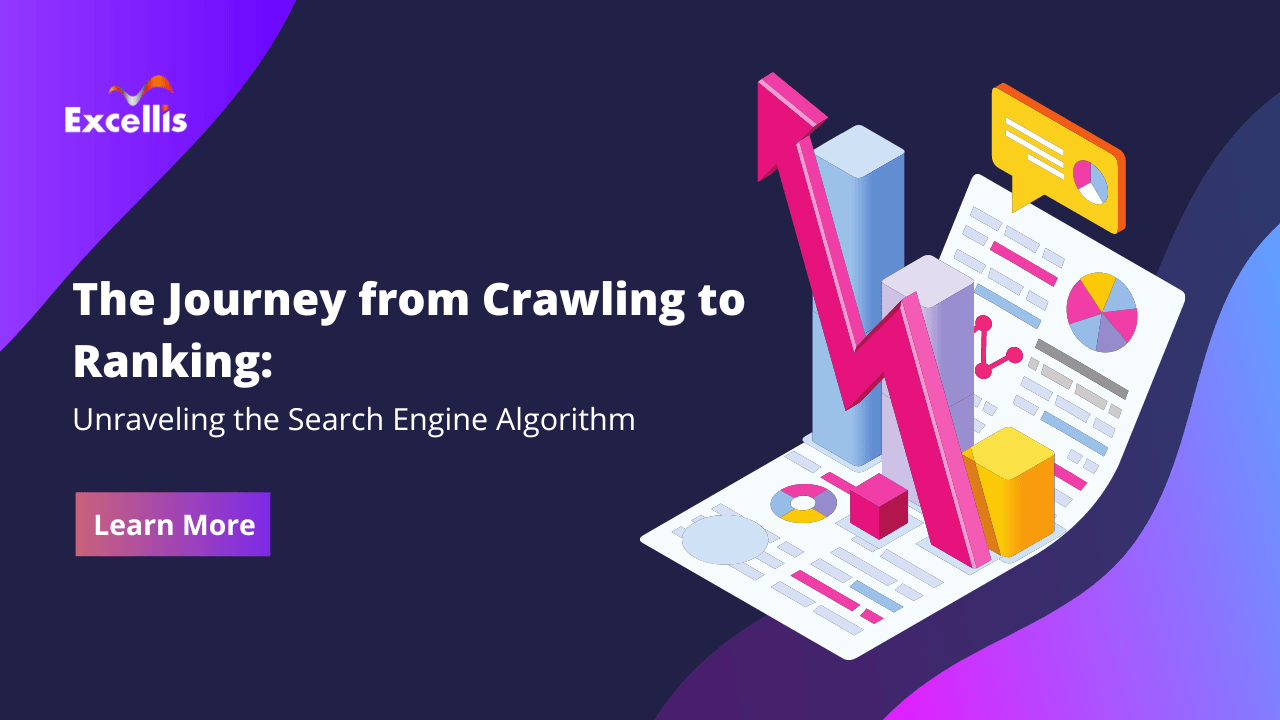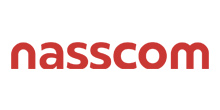
Welcome to the fascinating world of search engine algorithms, where websites compete and ultimately strive to rank high in search engine results. Search engine algorithms are constantly evolving to keep pace with the dynamic nature of the digital landscape. With advancements in technology and changes in user behaviour, search engines continuously refine their algorithms to deliver more accurate, relevant, and high-quality search results.
Understanding and adapting to these algorithmic changes is essential for businesses and website owners to maintain visibility, attract organic traffic, and stay ahead in the competitive world of online search. In this article, we will embark on how search engines crawl and index according to the algorithm and understand the steps involved in going from crawling to ranking.
The Basics of Search Engine Crawling
What is Search Engine Crawling?
Search engine crawling is the initial step in the process of indexing web pages. It involves search engine bots, also known as spiders or crawlers, systematically visiting websites to discover and gather information about their content. These bots follow links from one page to another, analyzing the content and storing it in a vast index.
How Do Search Engine Crawlers Work?
Search engine crawlers operate by following hyperlinks found on web pages. They start with a seed URL, such as a homepage, and then recursively navigate through the website by extracting links and visiting each new page. As they crawl, they analyze the page’s content, including text, images, and metadata, to gain insights into its relevance and quality.
The Role of Sitemaps in Crawling
Sitemaps play a crucial role in search engine crawling. A sitemap is a file that provides a list of all the pages on a website, helping search engine crawlers navigate and discover content more efficiently. By submitting a sitemap to search engines, website owners ensure that their pages are indexed and crawled more effectively.
Understanding Search Engine Indexing
What is Search Engine Indexing?
Search engine indexing is the process of storing and organizing the information gathered during crawling. The indexed data serves as a reference for search engines to retrieve relevant results when users perform queries.
Generally, web spiders do the crawling on a particular interval of time. However, you can manually ask the search engine to crawl your website through Google Search Console if your website does not index.
How Does Search Engine Indexing Work?
After search engine crawlers gather information about web pages, they store it in an index. This index contains a vast amount of data about the content, structure, and relevance of each page. When a user enters a search query, the search engine retrieves relevant pages from its index and ranks them based on various factors.
The Importance of On-Page Optimization
To ensure successful indexing, it is crucial to optimize web pages for search engines. On-page optimization involves techniques such as using relevant keywords, creating informative meta tags, and structuring content using appropriate HTML elements. By implementing these best practices, website owners can enhance the visibility and relevance of their pages in search results.
Unraveling the Search Engine Algorithm
How Do Search Engines Rank Websites?
Search engine ranking algorithms are complex and multifaceted, considering numerous factors to determine the order in which web pages appear in search results. While the exact algorithms are closely guarded secrets, search engines aim to provide the most relevant and high-quality results to users.
Factors such as keyword relevance, backlinks, user experience, and content quality all play significant roles in determining website rankings.
The Role of Keywords in SEO
Keywords are the foundation of SEO. They are words or phrases that users enter into search engines to find information. By strategically incorporating relevant keywords into website content, meta tags, and headings, website owners can increase their chances of ranking higher in search results.
However, it is essential to use keywords naturally and avoid keyword stuffing, as search engines prioritize user experience and content quality.
The Power of Backlinks
Backlinks, also known as inbound links, are links from external websites that point to a specific page on a website. Search engines consider backlinks as votes of confidence in a page’s authority and relevance. The more high-quality backlinks a page receives, the greater its chances of ranking well. Building a strong backlink profile through outreach, content creation, and networking can significantly impact a website’s search visibility.
The Impact of User Experience
User experience (UX) plays a crucial role in search engine optimization. Search engines strive to deliver the best possible results to users, and they consider factors such as page loading speed, mobile-friendliness, and overall usability when ranking websites. Optimizing for UX not only improves search rankings but also enhances the overall satisfaction of website visitors.
Creating High-Quality Content
Content quality is paramount in SEO. Search engines favour websites that provide valuable, relevant, and well-structured content. It is essential to create original, engaging, and informative content that meets the needs of the target audience. Regularly updating and expanding content also signals to search engines that the website is active and relevant.
User Read Also: How Does A Digital Marketing Company Help Track Campaign Success?
The Evolving Nature of SEO
Search engine algorithms are constantly evolving to provide better search results and combat spammy practices. Staying up to date with the latest trends and best practices in SEO is crucial for website owners and digital marketers. It requires continuous learning, adapting strategies, and monitoring performance to maintain or improve search visibility.
The Role of Analytics in SEO
Analytics tools provide valuable insights into website performance, user behaviour, and SEO efforts. By analyzing data such as organic traffic, bounce rate, and conversion rates, website owners can identify areas for improvement and make data-driven decisions to optimize their SEO strategies.
Local SEO and Mobile Optimization
Local SEO is essential for businesses targeting customers in specific geographic locations. Optimizing for local search involves strategies such as creating location-specific content, claiming and optimizing Google My Business listings, and obtaining local citations.
Additionally, with the increasing use of mobile devices for internet browsing, mobile optimization has become crucial for SEO success. Websites that are mobile-friendly and provide a seamless experience on smartphones and tablets tend to rank better in mobile search results.
Hire a Search Engine expert from a top-notch digital marketing company in Kolkata and ace the algorithms.
Conclusion
Search engine algorithms and SEO practices are complex, but understanding their fundamentals is crucial for online success. By focusing on crawling, indexing, on-page optimization, keywords, backlinks, user experience, content quality, and staying up to date with evolving trends, website owners can improve their search visibility and attract organic traffic. Implementing effective SEO strategies and analyzing data through analytics tools can provide valuable insights for continuous improvement. Embracing the world of search engine algorithms opens up opportunities to connect with a wider audience and achieve digital success.
More reasons to trust us!
Excellis IT is building a skilled team in IT support, customer support, digital marketing, and back-office services for modern companies.

Excellis it is an esteemed ISO/IEC 27001:2022 certified company

We achieved the prestigious certification by MSME in 2019

We are certified by the Central Vigilance Commission

We are an honoured members of NASSCOM since 2022







